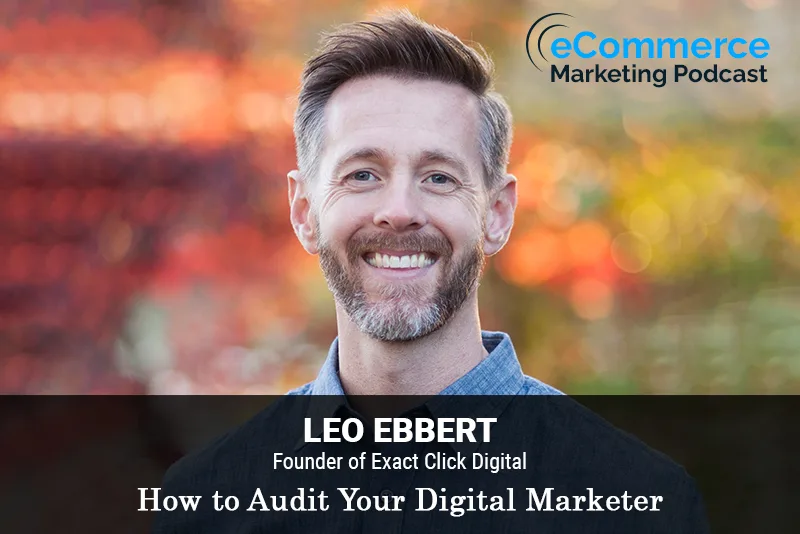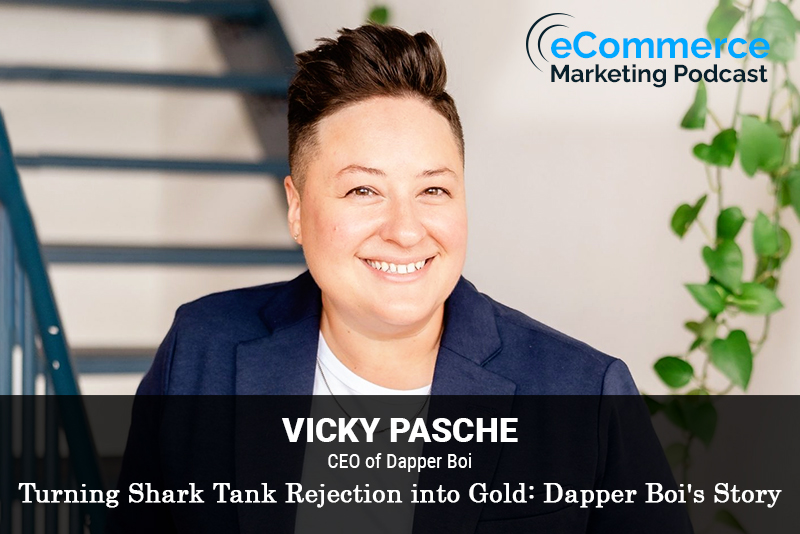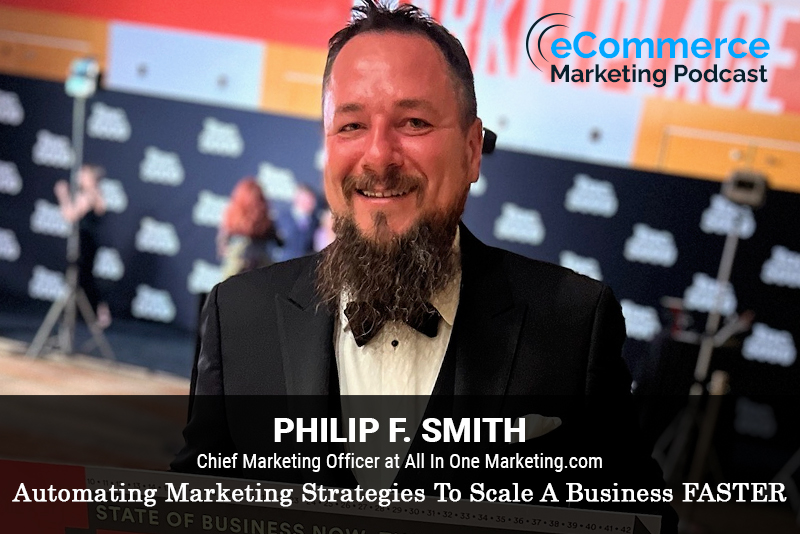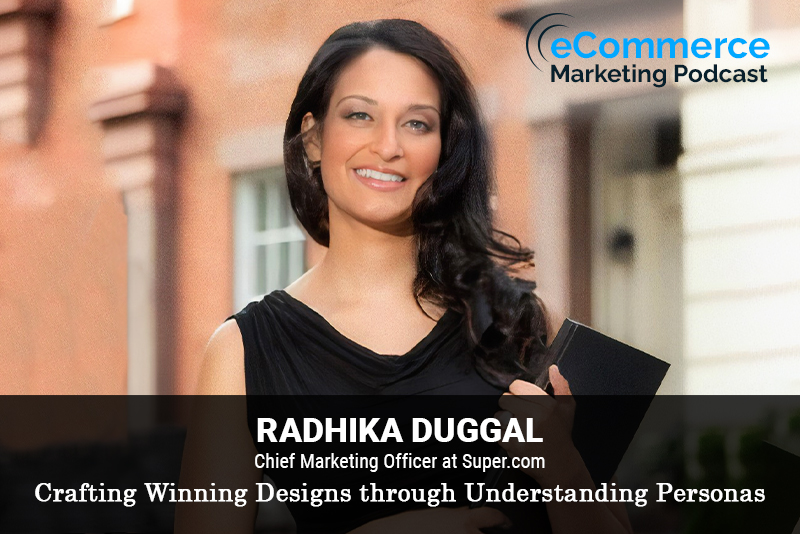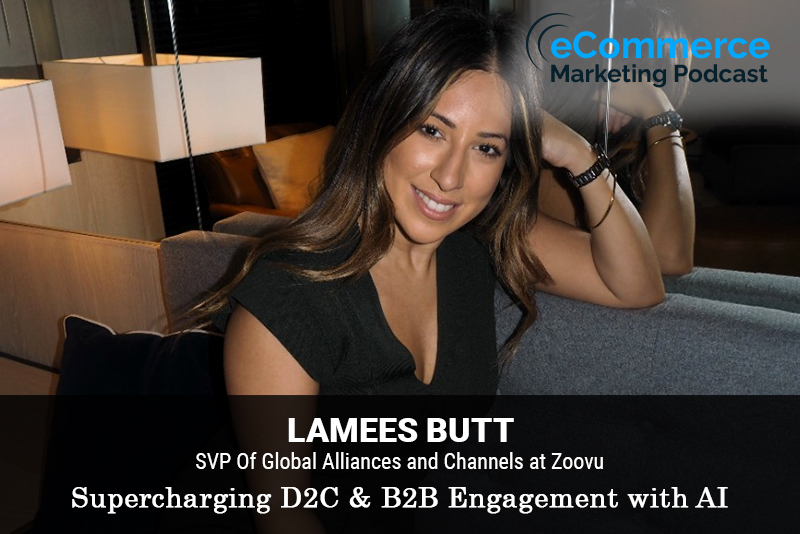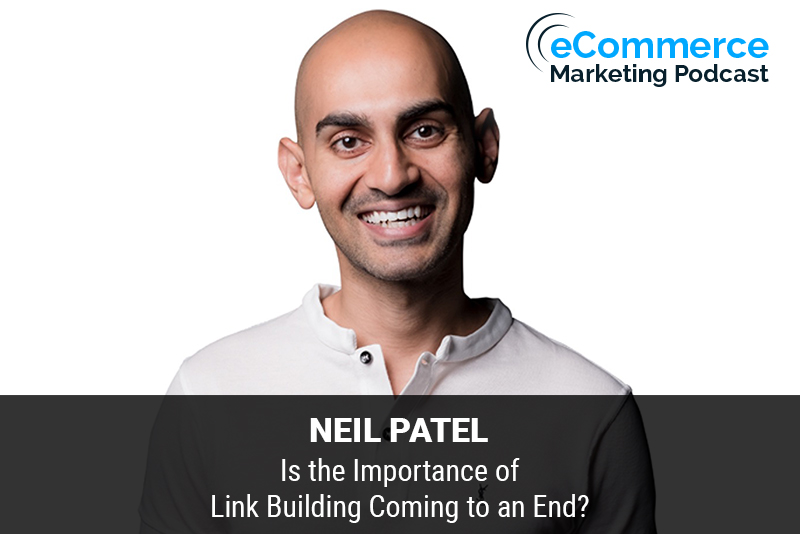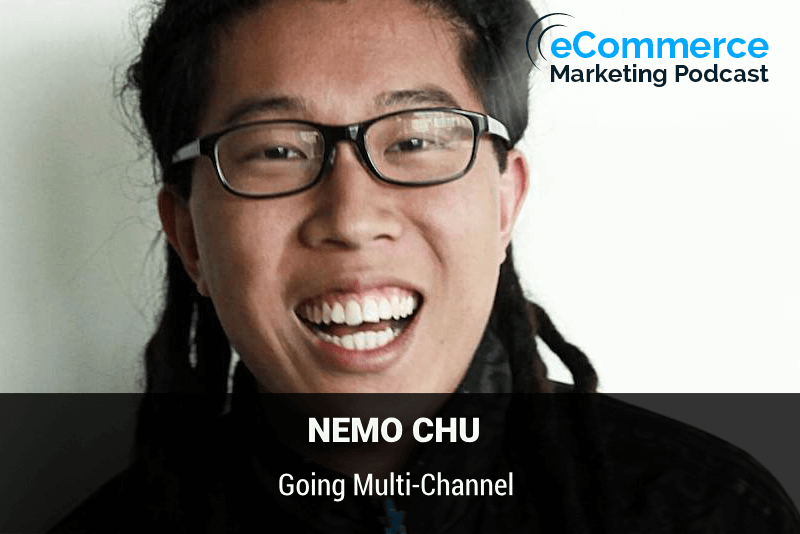
The eCommerce Marketing Podcast walks you through everything that goes into ecommerce marketing — from inbound marketing to paid advertising to conversions. Learn the strategies top marketing experts use to grow their businesses.
Leo Ebbert is the founder and president of Exact Click Digital, a boutique agency specializing in paid ads management. He began his career as a Certified Public Accountant at Deloitte in Phoenix AZ. In 2007 he founded Exact Click Digital in his hometown of Knoxville, TN. Since founding Exact Click Digital, Leo and his team have helped dozens of brands drive over 1,000,000 conversions through paid advertising.
In this episode, you will learn
- What fundamental things do you need to know yourself to be able to audit your digital marketers
- What are some data points that you should be tracking to perform a successful audit and what tools should you use to capture this data
- What are some benchmarks that you should set for your digital marketers
- Ways to incentivise digital marketers to hit certain benchmarks
For show transcript and past guests, please visit https://www.ecommercemarketingpodcast.com
Or on YouTube at:
https://www.youtube.com/channel/UC3PgT0NOGzpdPGQtBK0XLIQ
Follow Arlen:
Twitter: https://twitter.com/askarlen
Facebook: https://www.facebook.com/arlen.robinson.7
Instagram: https://www.instagram.com/arlenyohance/
LinkedIn: https://www.linkedin.com/in/arlenrobinson/
Past guests on the ecommerce marketing podcast include Neil Patel, Nemo Chu, Luke Lintz, Luke Carthy, Amber Armstrong, Kris Ruby and many more.
Thanks for listening. Be sure to subscribe and leave a review.

Title: How to Audit Your Digital Marketer – with Leo Ebbert
Guest: Leo Ebbert, Founder and President of Exact Click Digital
Host: Arlen Robinson
Summary: In this insightful episode of the eCommerce Marketing Podcast, host Arlen Robinson interviews Leo Ebbert, Founder and President of Exact Click Digital. Leo shares his expertise on how eCommerce businesses can effectively audit their digital marketers to ensure they are getting the best results from their campaigns. With a background as a Certified Public Accountant and extensive experience in paid ads management, Leo provides valuable advice on tracking key performance indicators (KPIs), understanding return on ad spend (ROAS), and setting appropriate benchmarks.
Key Takeaways:
- [00:05:19] Importance of KPIs:
- Identifying and understanding key performance indicators (KPIs) like ROAS is crucial for evaluating the effectiveness of digital marketing campaigns.
- [00:06:44] Calculating Accurate ROAS:
- Knowing your customer lifetime value helps in determining the accurate ROAS required for your campaigns to be profitable.
- [00:08:09] Tools and Metrics for Auditing:
- Perform audits by analyzing ad accounts and Google Analytics. Focus on metrics like non-branded vs. branded traffic and cold vs. warm traffic to ensure accurate reporting.
- [00:10:00] Avoiding Data Manipulation:
- Be cautious of blended data that can mislead you into thinking campaigns are performing better than they are. Segregate branded and non-branded traffic for a clearer picture.
- [00:15:02] Simpler Alternatives to Complex Dashboards:
- Use Google Analytics with UTM tags to track click data rather than relying on third-party tools, which may not provide accurate attribution due to the shift towards a cookie-less world.
- [00:18:44] Setting Realistic Benchmarks:
- Establish benchmarks based on whether your focus is on improving ROAS or scaling your campaigns. Ensure that your top-of-funnel and bottom-of-funnel traffic are aligned to achieve overall goals.
- [00:20:39] Incentivizing Digital Marketers:
- Incentive structures should be straightforward and unambiguous. Consider fixed bonuses for achieving specific ROAS targets rather than a percentage of ad spend.
Guest Info:
- Leo Ebbert
- Founder and President of Exact Click Digital
- Website: Exact Click Digital
- Guide on How to Audit Your Digital Marketer: Exact Click Digital Guides
- Free Audit: Exact Click Digital Free Audit

